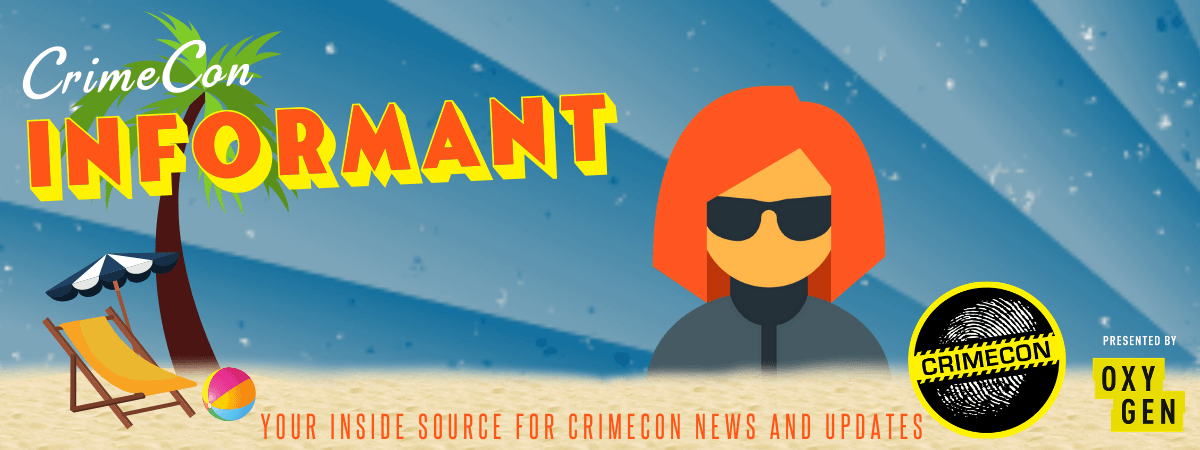A Witness to Love: Kim Goldman on Grief and Making a Difference Through Action
Kim Goldman knows a lot about grief. When her brother Ron was murdered in Brentwood, CA while trying to defend his friend Nicole Brown from a brutal attack in 1995, Goldman’s world was thrown into a tailspin. Her grief was splashed across every television screen in America during the “Trial of the Century,” where Goldman and her father Fred sat every day during a grueling nine months of proceedings. Twenty-five years later, on the anniversary of his death, she launched the acclaimed Wondery podcast Confronting: O.J. Simpson .
“I didn’t go into the project thinking of it as a method of grieving,” Goldman says, “because I grieve him every day. I wanted to take back control of a narrative that had impacted me but had always unfolded around me.”
Over the years, Goldman recognized that Ron and Nicole’s deaths and the emotionally violent trial that followed had affected a large population of those close to the case.
“My father and I have had many opportunities to speak out over the years, but we were always editorialized,” she explains. “I wanted a platform where we could get our story out in our own words, but along the way I found comfort in connecting with others who had been so negatively affected.”
She mentions Jill Shively, the Brentwood resident who witnessed the defendant in Ron and Nicole’s murder trial driving erratically on the night of the murders, but who was never called to testify in court. She mentions Kato Kaelin, the lovable surfer-dude witness who lived in the defendant’s guest house and faced ridicule in the courtroom and the media. She mentions Chris Darden, the co-prosecutor who lost his own brother to AIDS during the trial. “Kato thought my father and I hated him,” Goldman says with compassionate regret.
The podcast follows Goldman as she catches up with Shively, Darden, and Kaelin as well as prosecutor Marcia Clark and a juror who faced accusations of racial bias after rendering a not guilty verdict. “Reconnecting with these people gave me comfort and I was able to give them comfort, too. It was cathartic in a different way than I thought it would be.”
As the podcast series winds down, Goldman finds herself in the company of grief counselor David Kessler. This particular episode stands out with the eye-opening advice Kessler offers Goldman: “Don’t hide your grief. Grief is a witness to love.”
“Grief is inconsistent and volatile and unpredictable,” Goldman says. “I grieve Ron every day in some way.” What she misses the most about her brother - her best friend and closest confidant - was the future that they were working toward before his brutal death.
“It was just me, Ron, and my Dad,” Goldman says. “Ron and I were always close and wanted to live in the same neighborhood, raise our kids to play together. I was studying to be a child psychologist and Ron wanted to open a restaurant,” she laments, the mournful memory clear in her voice.
That trajectory crashed off course with Ron’s death. While devastating, Goldman has used the tragic loss to build a life dedicated to honoring her brother through service. Today, Goldman runs a nonprofit that provides free mental health support to teenagers. She has worked with children with disabilities and autism, advocated for victims’ rights, and is involved in countless community outreach programs.
“I want to live my life with integrity and grace and the selflessness that Ron showed in his final moments,” Goldman says. “It’s what he would have done; it’s what he would have wanted; and it’s why I’m here.”
Goldman will bring that mission to the stage at CrimeCon 2020, where she will help the audience get to know her brother -- and hopefully gain a new perspective. “I’m fascinated with the fascination with true crime,” she says with a small laugh. “I want to show attendees what happens when they stop watching, when the cameras stop rolling.”
Though there will certainly be tears, attendees shouldn’t expect only a tear-jerking story of tragedy and grief. “I’m a big believer in action and takeaways,” she says with a renewed conviction in her voice. “For so long my father and I thought we couldn’t make a difference, when we just didn’t know how. But everyone can take action and make a difference, whether it’s voting in local elections, getting involved in their communities. Start small, find your voice, find a movement and go for it.”


